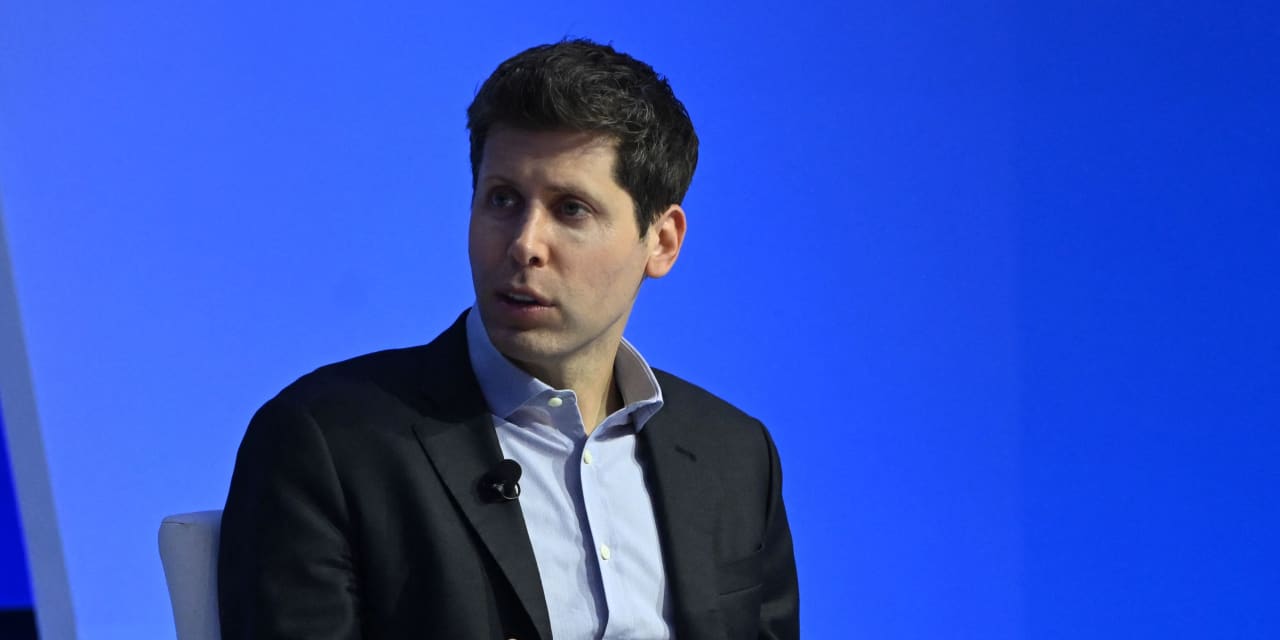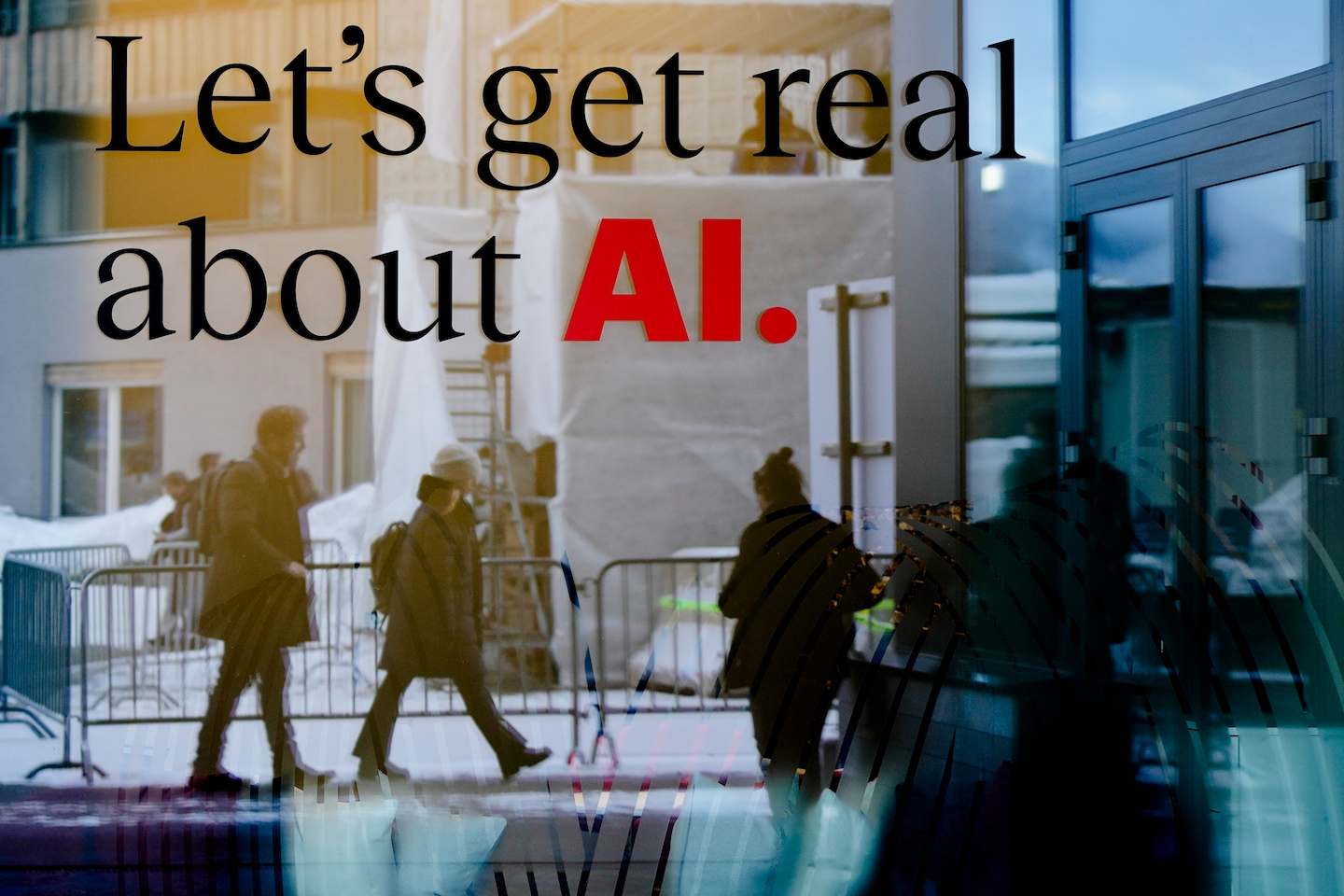At the World Economic Forum in Davos, Switzerland, Sam Altman expressed his surprise at the New York Times’ lawsuit against OpenAI, emphasizing that their AI models did not require training on the news publisher’s data. Altman described the legal action as unexpected, mentioning that OpenAI had been engaged in constructive discussions with the NYT before the lawsuit was filed. He disclosed that OpenAI had intended to compensate the NYT generously for featuring their content in ChatGPT, the company’s popular AI chatbot.
Altman conveyed that while the lawsuit wasn’t a primary concern for OpenAI, they were willing to consider training their AI on the New York Times’ data, although it wasn’t a priority at the moment. He clarified that the dependence on any specific training source, such as the NYT, was not significant for OpenAI’s operations.
The lawsuit, which accused both Microsoft and OpenAI of copyright infringement by using NYT articles as training material for AI models, has raised concerns within the industry. Despite examples presented by the NYT showing similarities between ChatGPT outputs and NYT stories, OpenAI has refuted the allegations.
OpenAI has been proactive in addressing concerns raised by the lawsuit, emphasizing their commitment to minimizing instances of “regurgitation” and respecting the content rights of news organizations. Altman highlighted the company’s efforts to enhance their GPT models to avoid reproducing content verbatim and underscored the importance of evolving news consumption and monetization methods in the digital age.
Altman’s stance reflects OpenAI’s dedication to innovation and collaboration with news organizations while striving to address challenges related to content replication. The company remains focused on advancing AI technology responsibly and ethically, aiming to minimize the inadvertent duplication of copyrighted material in their AI outputs.






